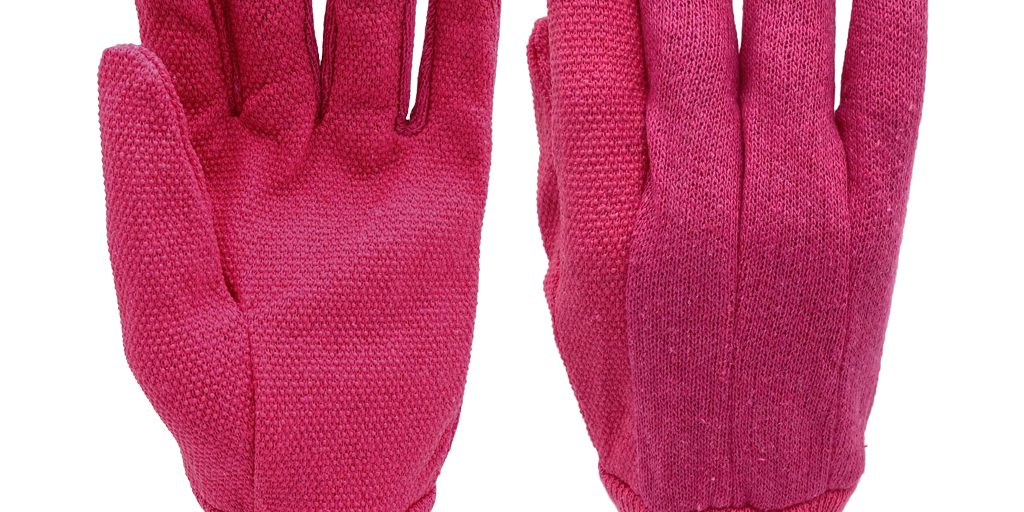Choosing the right gloves involves considering various factors, including the material they’re made of. Jersey gloves are just one option among many. In this article, we’ll provide a comparative overview of jersey gloves in comparison to gloves made from other materials.
- Jersey Gloves: Jersey gloves are known for their comfort and dexterity. They are made from a knit fabric that offers a snug fit and breathability. While they provide good hand protection for light to moderate tasks, they may not be suitable for heavy-duty applications that require greater resistance to abrasion or chemicals.
- Latex Gloves: Latex gloves are popular for their exceptional elasticity and tactile sensitivity. They offer excellent barrier protection against chemicals and pathogens, making them suitable for healthcare, laboratory, and industrial settings. However, some individuals may have latex allergies, which can cause skin reactions.
- Nitrile Gloves: Nitrile gloves are a synthetic alternative to latex gloves. They offer similar tactile sensitivity and barrier protection, without the risk of latex allergies. Nitrile gloves are resistant to a wide range of chemicals and are commonly used in healthcare, food handling, and automotive industries.
- Leather Gloves: Leather gloves provide durability and protection against abrasion, punctures, and heat. They are often used in heavy-duty tasks such as construction, welding, and metalworking. However, leather gloves may be less flexible than jersey gloves and can require more maintenance.
- Vinyl Gloves: Vinyl gloves are affordable and offer basic protection against dirt and minor chemicals. They are commonly used in food service and light cleaning tasks. However, they lack the elasticity and durability of other materials.
- Cut-Resistant Gloves: For tasks involving sharp objects, cut-resistant gloves are essential. These gloves are often made from materials like Kevlar, HPPE, or stainless steel mesh. They provide high levels of protection against cuts and abrasions but may be less flexible than jersey gloves.
Ultimately, the choice between jersey gloves and other materials depends on the specific requirements of your tasks, your comfort preferences, and any safety considerations. Evaluating factors such as durability, chemical resistance, and tactile sensitivity will help you make an informed decision.















